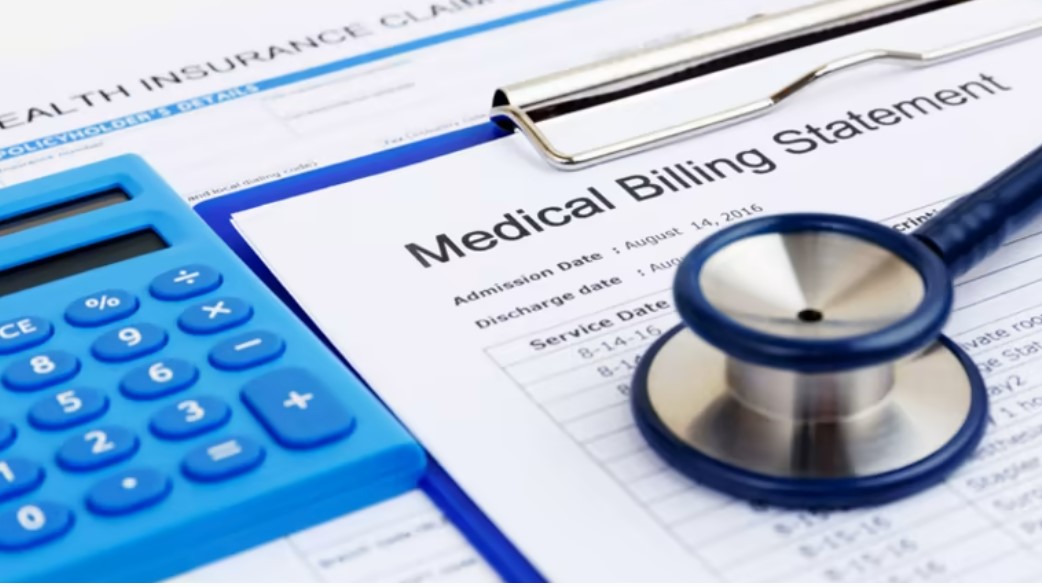|
CROMWELL, Conn. — If you get an unexpected message saying you owe money for medical services, think twice before you make a payment. BBB Scam Tracker has received reports about phony medical bills and collections departments.
How the scam works:
You receive a letter or a call informing you that you owe money on a medical bill. If you follow up, the "billing department" will insist that you need to pay immediately. If you don't, you will allegedly face consequences, such as fines, damage to your credit score, or even jail time. Eager to settle your debts, you provide your credit or debit card number. But before you pay, the scammer will ask you to confirm your name, address, and other sensitive information, which may include your Social Security or bank account number.
This scam has several versions. In some cases, the bills and medical services are entirely fabricated. For example, one person told BBB Scam Tracker that they "received a medical bill for $500 for Covid testing that supposedly occurred in VA in January. I did a quick look into the business website and the site wasn't even registered/live until May. I was also out of state (in CA) when it claims I got tested."
Other times, the doctor's visit was real, but the company claiming you owe money is a scam. One BBB Scam Tracker report states, "I received a medical bill on 01/18/2023. I called the billing department number on the statement. However, I miss-dialed[sic] the number… and I was re-directed to a possible scam agency." In this case, the "billing department" asked for the caller's email, credit card details, birthday, and other personal information. Then, they told the caller they had taken care of the bill and would send an email confirmation. Neither was true.
No matter what pretense the scam uses, giving scammers your personal details puts you at risk for identity theft. Plus, any money you pay them might be lost for good.
How to avoid medical billing scams:
- Verify the claims. If someone claims you owe money, ask for the details. Any legitimate collections company should be able to tell you to whom you owe money and when you received services. Consider it a red flag if they aren't forthcoming with this information. In any case, it's a good idea to hang up and contact your doctor's office, hospital billing department, or insurance company directly and find out if you really do owe money.
- Look up the customer service number. Do an internet search for the phone number that contacted you or the customer service number on the letter you received. The number should be registered to an official business associated with your doctor or hospital. If it isn't, consider it a red flag. Keep an eye out for reports from others who identify the number as part of a scam.
- Don't give in to scare tactics. Scammers often try to make you feel like there will be extreme consequences if you don't pay them immediately. Don't be intimidated by a stranger who contacted you out of the blue. Legitimate businesses won't threaten you if you have questions or want to verify the information before making a payment.
- Guard your personal information carefully. If someone calls you unexpectedly and asks you to "verify" your personal information, think twice. Be sure you're talking to someone you know and trust before divulging information that could be used to commit identity theft, even if the caller sounds professional.
|

